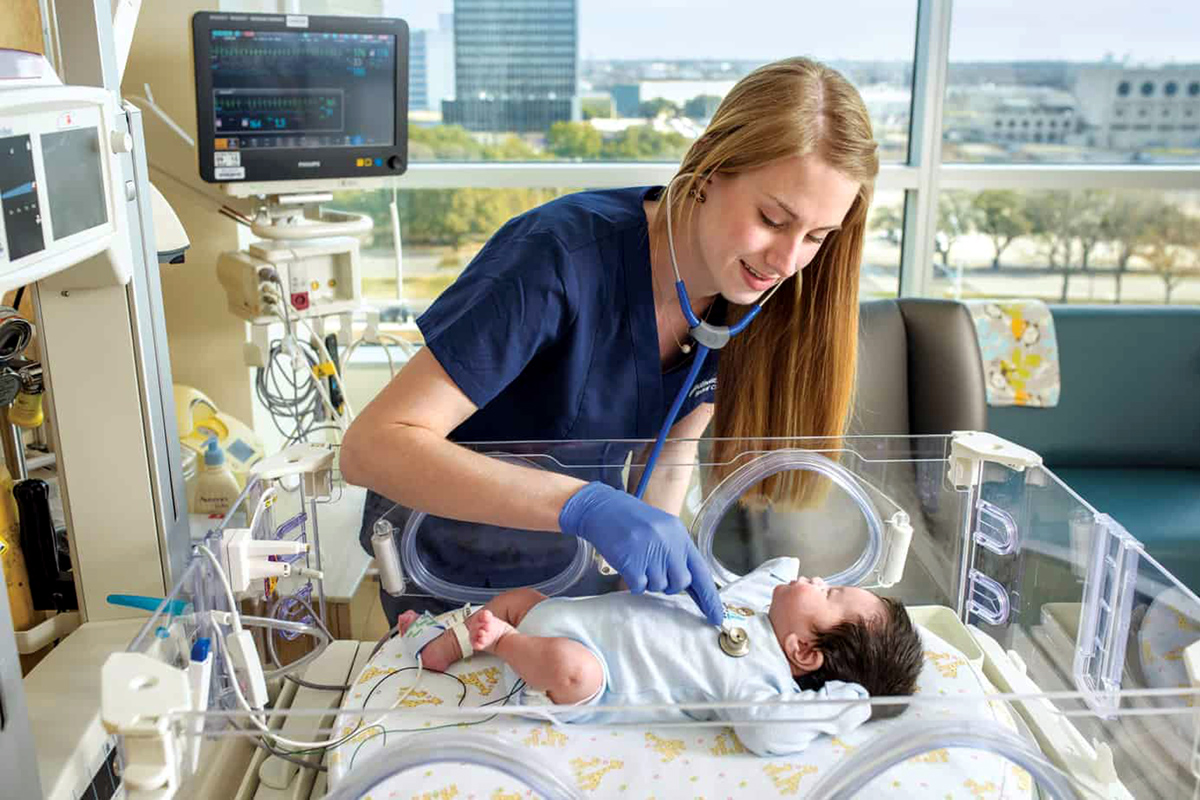Neonatal Intensive care Unit
Dr Anumodan Gupta
Preterm deliveries are usually unexpected and moreover prematurely born infants have “premature” parents who are usually unprepared for the crisis of having their new born in the Neonatal intensive care unit (NICU).
For most parents, the NICU is an alien environment a place many parents did not even know existed before this event and their first experience in the NICU is usually a profound shock and very traumatic.Their infant is attached to wires, cables, and equipment in a place that is far different from what they had planned. Parents of these NICU admitted preterm babies are likely to experience greater emotional stress, depression, uncertainty about their baby’s future, financial stress than do parents of term infants. Parents and families worry constantly while trying to maintain optimism and hope. It is important to recognize that the intensive care experience is not uniform and that family responses differ.
The emerging concept of “trauma informed care” is a transformative one. The NICU is a place of trauma and the integration of trauma-informed care into all aspects of care for infants and their families in the NICU can alleviate or transform some of the trauma they have experienced in a more positive way. In recent years, health care organizations have become increasingly aware of the importance of providing psychosocial support for parents of hospitalized infants and to recognize the emotionally traumatic impacts of having an infant with medical illness. Parents learn their firstlessons about being a parent inside of the NICU, and while many of these lessons willbe useful in the future, an equal number will not only be unhelpful but potentially damaging. Infants, who are hospitalized in intensive care experience a number ofthreats to the establishment of secure and nurturing relationships, are at the mercy oftheir hospital environment and often experience medical procedures and practices thatresult in altered social interactions and emotional resilience. The NICU environment, although initially strange and even frightening to parents, can become comforting and inviting with attentive and compassionate caregivers who enable parents to be at the bedside of their infant, coach them on how to understand their baby’s behavioural cues and how to provide appropriate caregiving. An example of this type of NICU care is seen in the Family Integrative Model (FIC), a model of care focusing on partnering with families where, the nurses support the parents through education, coaching and mentoring, to become primary caregivers in their infant’s journey through neonatal care. The practice of Family Integrated Care has been successful in Estonia, Canada and other developed countries but in India it is in naïve stage. All families, even those who are struggling with difficulties, bring important strengths to their infant’s experiences in the NICU. Parents must be viewed as vital and enhances the neuro development of the infant through interventions that support both the infant and family unit. Creating an effective partnership between professionals and families has shown benefits such as decreased length of stay, increased satisfaction for both staff and parents, and enhanced neuro developmental outcomes for infants. Having parents provide much of their infant’s care in the NICU also improves short- and long-term outcomes among infants and reduces stress among parents. Establishing family-professional partnershipsin the NICU environment can be challenging; however, family-integrated care is recognized as a best practice which includes mutual respect, information sharing, collaboration, confidence-building, and joint decision-making and hence thecompassionately delivered family-integrated care, with zero-separation, is the ideal model of care to encourage normal development, attachment and bonding, and empower parents to beequal partners on the caregiving team.
(The author is consultant (Neonatologist and child specialist) Gandhi Nagar Hospital Jammu)


